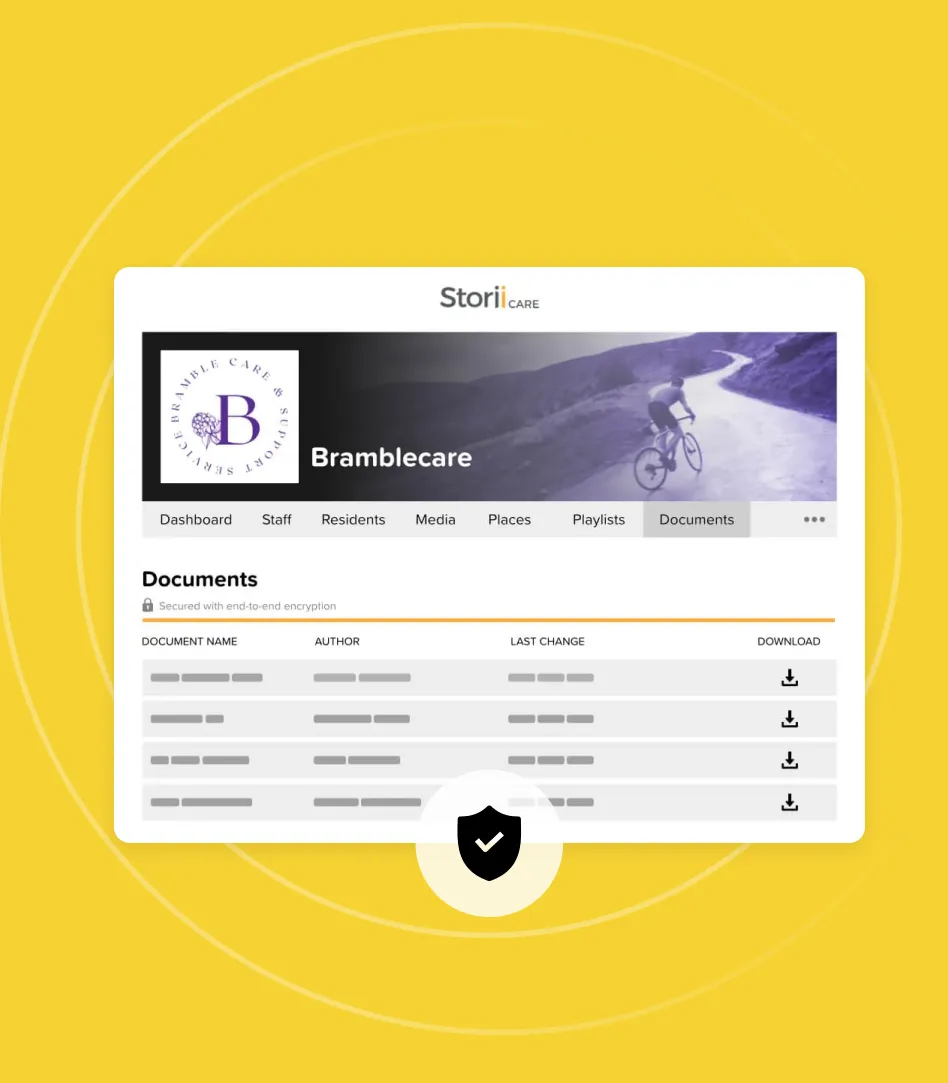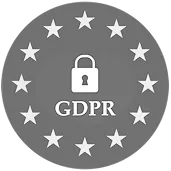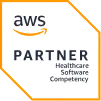The Philisophy of 'People Before Process'
Navigating the healthcare system can be a disempowering experience. Taking care of an existing health issue can make one feel like a human pinball, bouncing around through a fit of stops and starts. Having to phone one place, while relying on a letter in the post from another. Traveling to meet various clinicians or specialists and repeating your story, only to end up feeling rushed through the appointment. Never quite feeling fully in control of your own situation.
The potential number of ways digital solutions can make navigating the healthcare system a better experience are immense. The eHealth options available to help empower and put individuals in control of their health and well-being will continue to increase rapidly in the coming years. For example, things like filling prescriptions and booking GP appointments online, contributing to and downloading your health records digitally, and having ‘video consultations’ are already becoming popular options.
However, there is some concern about the unintended consequences of a potentially quick, widespread adoption of digital health services. With the development and delivery of any technology, vital to its design should be the lived experience of those it aims to serve. Unfortunately, that isn’t always the case. With well-intentioned efforts to deliver easier and more efficient services digitally, it is often the service provider themselves and the delivery processes that become the primary focus.
Thankfully, there are organisations like ALLIANCE Scotland, which help to bring the input of the public and third sector voices into national eHealth programmes. We recently sat down with the Director of Digital and Service Transformation at ALLIANCE, Zahid Deen to discuss getting the people’s perspective on digital healthcare.

Interview with Zahid Deen
Can you tell us a little about your role?
I lead the Digital Health and Care Programme and am head of Digital Service Transformation. My role is about getting more third sector input into digital healthcare programmes and strategic direction in Scotland.
ALISS co-produced directory of informal social support. You can go to the website, type in your postcode and find local walking groups, dementia support groups, things like that. We are currently trying to improve that based on new research as well. It's about people contributing information about what services are available in their area.
What led you to, or attracted you to, working in health and social care?
From lived experience myself. I have been a family carer most of my adult life, so I understand some of the challenges people can have in providing care and support. I suppose I wanted to draw on that to help improve what I could.
What can you tell us about Alliance’s Digital Health and Care?
We are seen as one of the key delivery partners for Scotland’s Digital Health and Care Strategy and our role is two-fold. We aim to increase third sector input and also citizen input into innovations around digital health and care. So there are a range of things we do around that.
For instance, we had two recent projects. Our GP, where we managed one of the largest co-design projects in Scotland. We got 1,000 citizens and GP staff to collaborate and come up with some new innovations around GP digital services. A couple of those innovations are now being tested or developed.
Another is Discover Digital for Your Health & Wellbeing. This is a week of events that was held in October last year and will be held again in October this year. The focus this year is on self-management digital health tools. This project is where we essentially reorientate the discussion to get the public involved. It is about engaging directly with the public, going where they go, having a discussion and creating an environment where they can relate to things. There’s no charge and they can touch and feel digital health and care and engage with it in a way that is meaningful to them and provide their views.
What makes you take pride in your organisation, specifically?
We take a collaborative approach to how we deliver our aims. It is often the case with these things, unfortunately, that people tend to forget about the users, or people, that actually benefit from those digital health and care services and products. I think what we are really good at doing is again, reorienting the discussion around the people rather than the process or providers themselves.
What about your role motivates you the most?
You know, some people can feel like the NHS is a big machine. But, when you work in the third sector it’s much less bureaucratic than working in a big machine. I feel like I have the freedom to just get things done and that’s motivating; that there’s less of a hierarchy, less of a chain. And because you’re also having to work with limited resources, you’re having to work with a lot of initiative and a lot of collaboration. That’s motivating to me as well, having to reach out and work with the people around you to accomplish a shared goal. I mean to be honest with you, just getting out and meeting people rather than working in a bubble is the most motivating part of my job.
What has that emphasis on collaboration taught you?
What I’ve found is that we can always learn from collaboration. It can always help us improve the way we get others to engage with things. I’ve always been impressed by the public’s appetite to collaborate. But you have to do it in a relatable and meaningful way for them to understand the message and how what you’re doing could potentially improve things. The way you deliver events or the content behind that needs to be inclusive and a good environment for them to participate with.
What are some of the biggest challenges you face in your line of work?
Well, we might work with people to create new ideas or propositions for change, but then it’s about asking someone else, the NHS or some other third sector body, to implement the change. And I think that can be very challenging because the design is something you might have some collaboration around, or have some sense of ownership around, but then you kind of hand over the implementation and a lot goes out of your control. So you have to kind of get that buy in early on and you have to accept that the implementation side, the change itself, relies on a much bigger organization and those are hard to change.
What does Digital Health and Care strategy mean for the elderly in Scotland?
Obviously, a lot of people as they get older will develop long-term conditions and immobility, and therefore could be the main beneficiaries of interventions that use digital along with non-digital tools. There is technology that can be used in the house (like digital telecare) and even more that can be used for general long-term care management.
I think the challenge around delivering digital health to the elderly is digital inclusion. So while they might be the group that most needs or benefits from technology, they may not have internet access or digital skills, especially those over 75. While that’s likely to change over time, it’s going to take a while. This is why, as part of our work and strategy, we organise events to ask people living with long term conditions for their views on potential services. We think people should have the opportunity to provide ideas on eHealth options and be involved in their design.
I believe it is often the case where either an app gets tested out on an elderly group and it ends up having such low usage because they simply aren’t comfortable with using it in their day to day life, or they’re being asked to use multiple different devices or platforms and it gets a bit overwhelming. So there’s a case of relevance versus reality going on here.
I think that’s okay to ask someone to try multiple apps or new things, but what we’ve got to recognize is that people still want things to be quite easy and simple for them. At the ALLIANCE, fundamentally, we believe eHealth should reflect what people want and be simple to use, so it is useful. When third sector and citizen input is considered, it can help improve the delivery and experience of health and social care.
Is there any technology/data collection that you’d most like to see come to fruition?
I think something I would be quite excited about to see is having one login that allows citizens to access all their services. For example, if you had hypertension, diabetes, and were overweight, it would be good to have one platform that helps you address all of those conditions. Especially because the treatments and support plans might overlap. There’s linkages between them in terms of how you’d address each to improve your health. I would like to see something that would lead to treating people in a holistic way rather than delivering different tools and boxes to tick. What’s most exciting to me is the way we can collaborate to build things that can deliver a level of simplicity. Anything that eliminates complexity for people is needed.


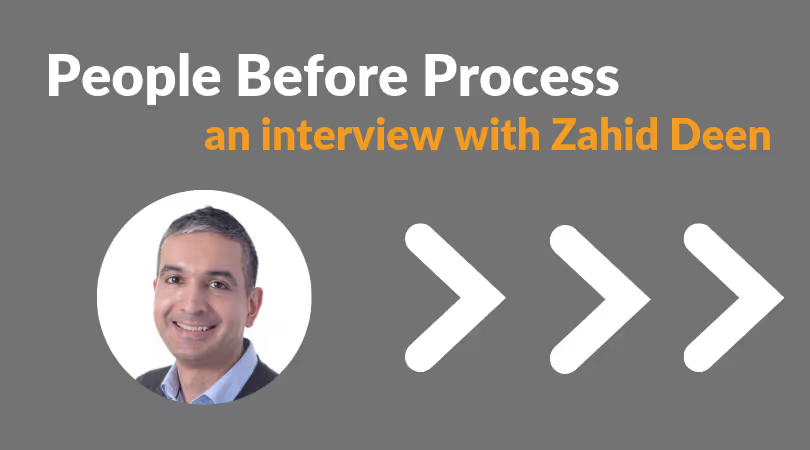
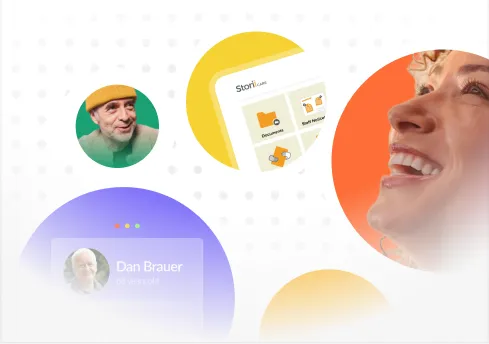
.png)
.png)
.png)
